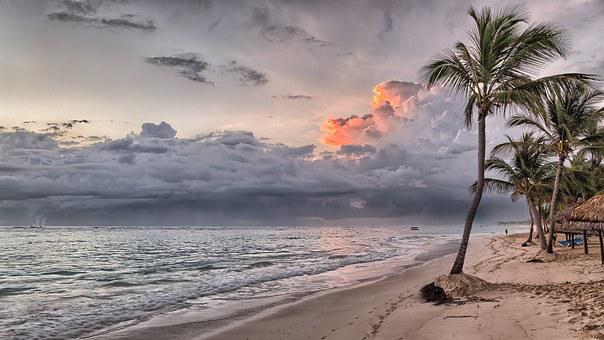When it comes to traveling, most people are more wary of their safety when they travel overseas. In fact, according to the Washington Post, the number of Americans who have traveled abroad has dropped from 56 percent in 2003 to 36 percent in 2017. While there is no definitive explanation for this decrease in international tourism, many people believe that increased caution and stricter scrutiny on entry visas has had a significant impact on this trend.
What are the dangers of traveling alone?
The dangers of traveling alone can be many and varied, but one of the most common is simply being out of touch with your surroundings. If you’re not used to being isolated or in a new place, it can be easy to become lost, scared or even vulnerable to attack. Additionally, if you don’t have any backup plan or emergency contacts in case something goes wrong, you could be stranded and completely alone. There are a number of ways to minimize the risks associated with traveling solo, including researching the destination well in advance and making sure you have a solid itinerary and backup plans in case things go awry. However, even the most precautionary traveler can find themselves in risky situations if they’re not careful. By taking some simple steps to reduce the chances of danger, you can travel safely and enjoy your trip more fully.
Examples of Traveling Alone
There are plenty of reasons why traveling alone can be dangerous. First and foremost, if you’re not familiar with the area you’re in, or don’t know the local customs, you could easily get lost or mugged. Secondly, if you’re a woman traveling alone, you may experience more sexual assault and harassment than if you were accompanied by a friend. Finally, if something goes wrong while you’re traveling solo, there’s no one to help you out. You’ll be on your own to find a safe place to stay, find medical assistance, or figure out how to get home. Fortunately, there are a few things that can help make traveling solo less dangerous. First and foremost, always take the time to research your destination before you go. This will give you a better understanding of what to expect and will reduce the chances of getting lost or stranded. Secondly, always carry a copy of your passport and visa with you at all times. If something happens and you can’t reach your passport or visa, your best bet is to try and find someone who knows where it is (maybe a hotel employee
What to do if you get attacked while traveling alone
There are a lot of things you can do to make sure that you stay safe while traveling solo, but it’s important to be aware of the risks of traveling alone in the first place. Here are four tips to keep in mind: 1. Research your destination thoroughly. Make sure to read up on the local customs and safety concerns. If you’re worried about being robbed or attacked, consider avoiding areas that you don’t know very well or that seem unsafe. 2. Have a plan for what to do if something goes wrong. If you get mugged or attacked, have a back-up plan ready (including escape routes and contact information for emergency services) so that you can stay safe and protect your belongings. Know how much money you’re carrying and carry only what you need for the day. 3. Stay alert at all times. Be aware of your surroundings and never let your guard down – even in familiar areas. Be especially careful when walking at night or in unfamiliar neighborhoods, and use common sense when interacting with people in your destination. 4. Tell somebody where you’re going and when you’ll be back. This not only helps if something goes wrong, but also gives
Tips to stay safe while traveling
When you’re traveling alone, it can be easy to feel like you’re in a bubble. You’re free to explore and experience new things without the worry of someone else around. But while this can be a great thing, it also means that you’re at risk of getting into trouble if you don’t know how to stay safe. Here are some tips on how to stay safe when traveling alone: 1. Stick to well-known tourist destinations. If you only visit well-known tourist spots, you’ll be less likely to get lost or attacked. This is especially important if you’re using public transportation or staying in budget accommodation. 2. Use common sense. When out and about, use common sense when it comes to safety precautions. Don’t walk around alone at night, avoid secluded areas, and be aware of your surroundings at all times. 3. Get a travel insurance policy. Not only will this protect you financially in the event of an accident or loss, but it can also provide coverage for theft and other risks associated with traveling alone. 4. Stay informed. Stay up-
Conclusion
As we all know, traveling solo can be both exhilarating and frightening. However, with some preparation and a bit of knowledge, you can make the experience less dangerous and more enjoyable. In this article, I’ll outline some of the dangers you may face as a traveler alone, as well as how to avoid them. Armed with this information, hopefully you will feel more confident when venturing out on your own adventures!


